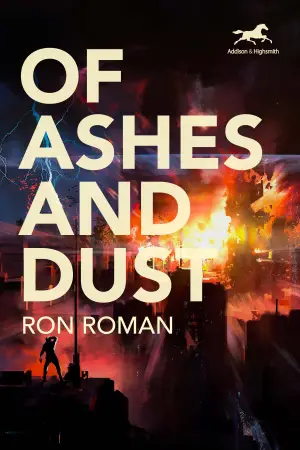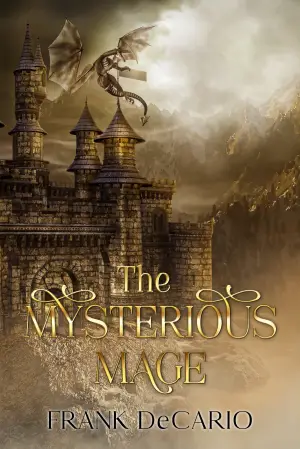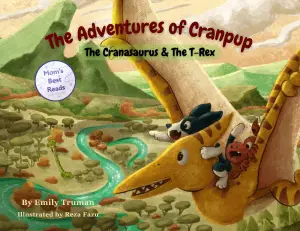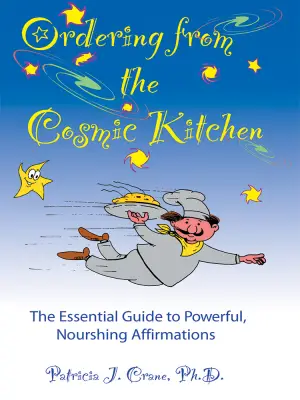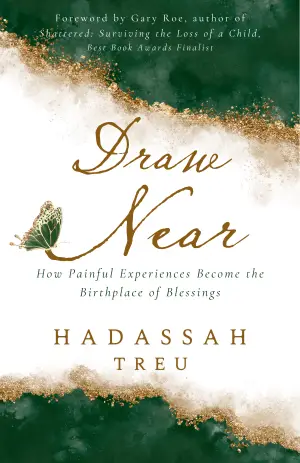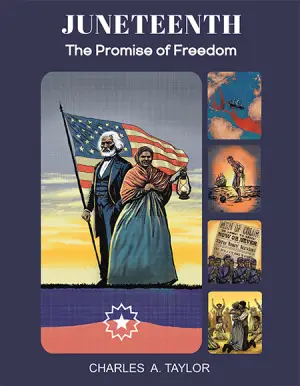A Journey Through the Shadows: Review of The Boy From Block 66
When I first stumbled upon The Boy From Block 66: A WW2 Jewish Holocaust Survival True Story, I was instantly drawn in by the title and the promise of resilience in the face of unimaginable horror. Written by Moshe Kessler, this gripping memoir not only bears witness to the atrocities of the Holocaust but also shines a light on the indomitable human spirit. As a reader who has long been captivated by tales of survival against all odds, this book resonated with me deeply.
From the very first pages, we meet 14-year-old Moshe Kessler as he arrives at the notorious Buchenwald concentration camp in January 1945. The emotions are palpable, and Kessler’s survival instinct propels him through the heart-wrenching experience of being separated from his family and the unimaginable horrors that follow. It is a testament not just to survival but to the power of hope. What stands out vividly in this true story is the sanctuary Moshe finds in Block 66, often referred to as the children’s block, where a clandestine resistance works valiantly to protect the vulnerable.
Kessler’s writing is both stark and evocative, capturing the desperation of a child caught in a maelstrom of sorrow while steadfastly holding onto hope. Critics mention a certain repetitiveness in his style, but I felt this was a reflection of the monotony and grinding reality of camp life—a clever narrative choice that brings the reader closer to Moshe’s experience. The pacing ebbs and flows, mirroring the chaotic and often disheartening circumstances, yet it is this very cadence that compelled me to keep reading. There were moments where I had to pause, allow the weight of the narrative to settle in my heart, which I found profoundly impactful.
The emotional depth of The Boy From Block 66 is amplified by testimonials from readers who have shared similar reactions. One reviewer pointed out how the book made them weep; I, too, found myself moved to tears at various points. Moshe’s journey is not just one of physical survival, but of emotional resilience. He describes the camaraderie formed among the children, which serves as a vital lifeline. This theme of friendship in the face of adversity is a touching reminder of our capacity for compassion even in the direst of circumstances.
In contemplating whom I would recommend this book to, I believe it holds immense value for young adults, educators, and anyone seeking a better understanding of Holocaust history through the eyes of a child. It serves as both a historical document and a touching narrative, making it a critical read for fostering empathy and understanding.
In closing, reading The Boy From Block 66 was more than just an eye-opening experience; it was a reminder of the strength that lies within us all. I walked away not only with a deeper appreciation of history but with a lingering sense of hope. As we navigate our own challenges, Moshe’s unyielding spirit inspires us to search for light amidst darkness. This book is not just a story of survival—it’s a life-affirming testament that we must share with generations to come.


